Türkiye rapprochement sparks rift in Greece’s New Democracy party
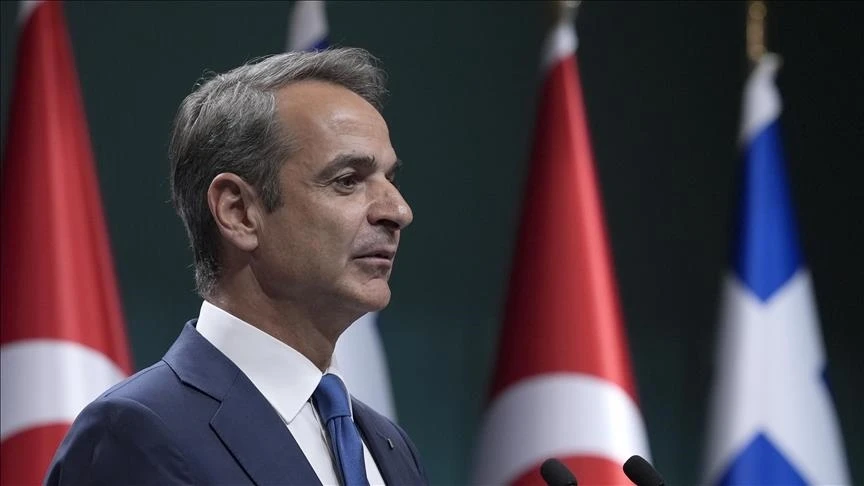 Relations with Türkiye have improved significantly since last year, says Greek PM Mitsotakis, July 10, 2024. (AA Photo)
Relations with Türkiye have improved significantly since last year, says Greek PM Mitsotakis, July 10, 2024. (AA Photo)
Greece’s Prime Minister Kyriakos Mitsotakis’ efforts to rebuild ties with Türkiye have deepened tensions within Greece‘s ruling New Democracy party.
These tensions culminated on Nov. 16 when Mitsotakis expelled former Prime Minister Antonis Samaras, a prominent critic of his Türkiye policy, from the party.
Mitsotakis’ response to domestic criticism
During a press conference following the European Union summit in Brussels, Mitsotakis firmly rejected criticisms from within Greece about his approach to Türkiye.
Addressing former Prime Minister Antonis Samaras, who has voiced skepticism about the talks, Mitsotakis reminded him that similar discussions with Türkiye were held during his tenure. The prime minister also took aim at far-right parties, accusing them of fearmongering and undermining national interests.
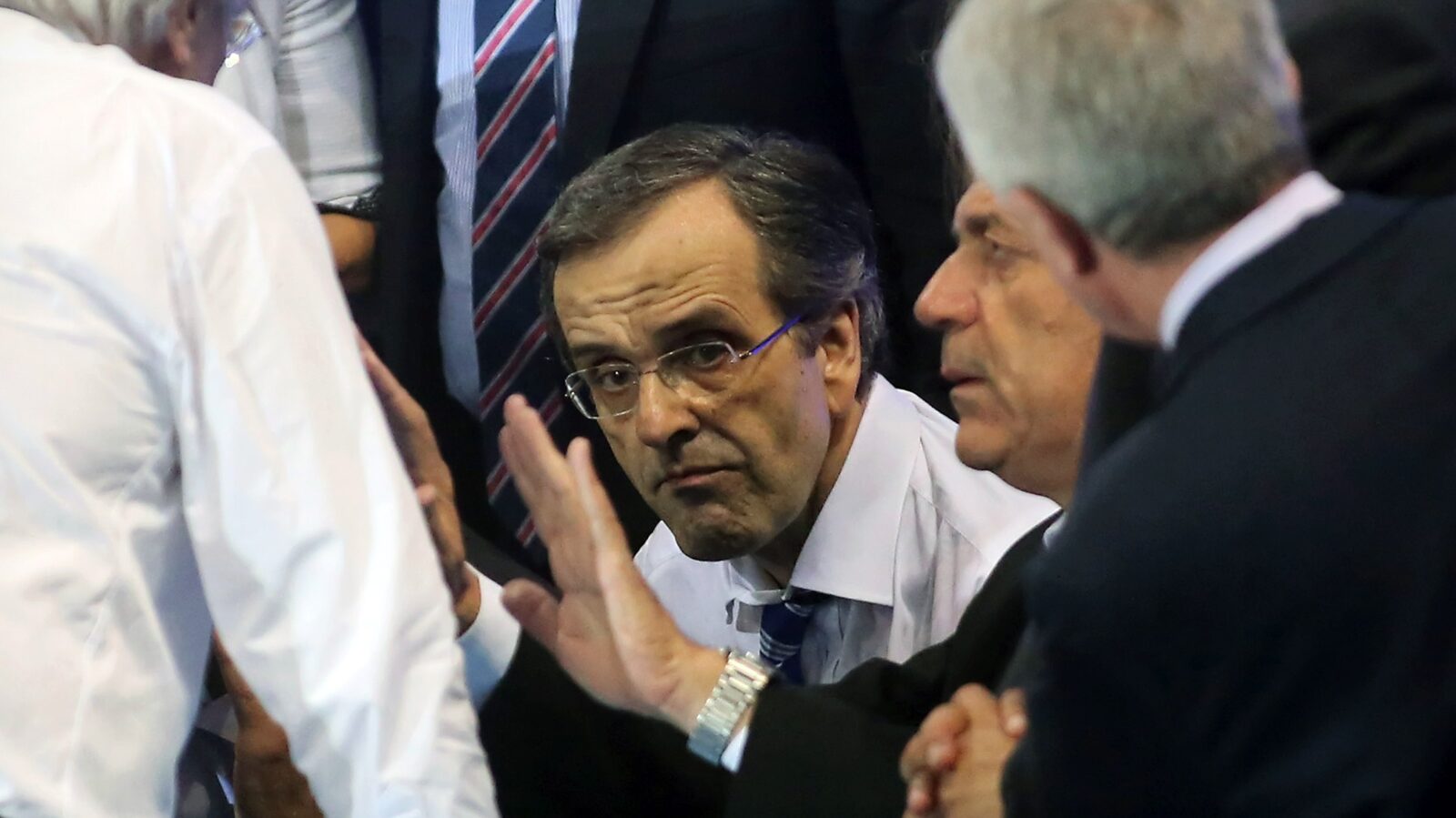
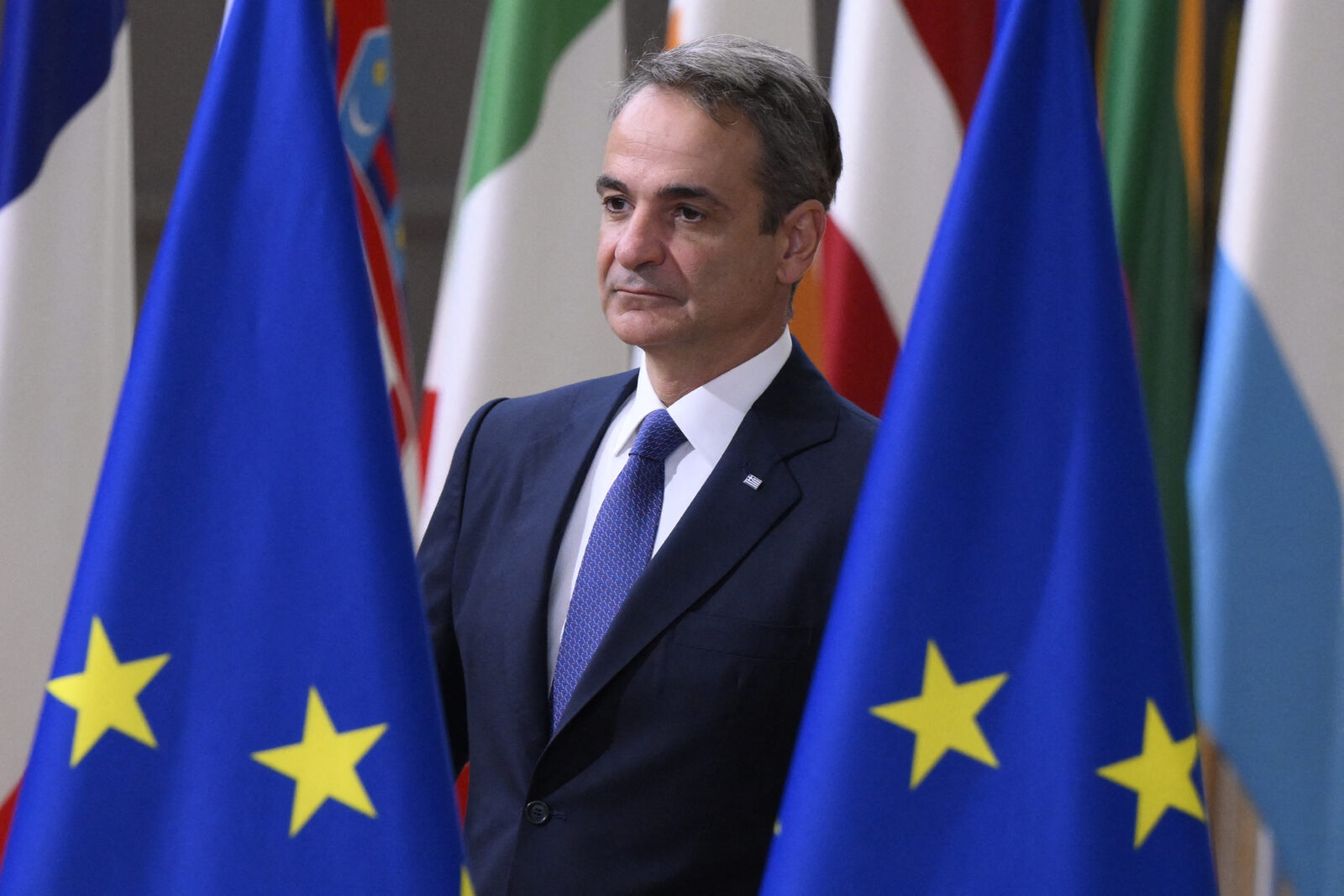
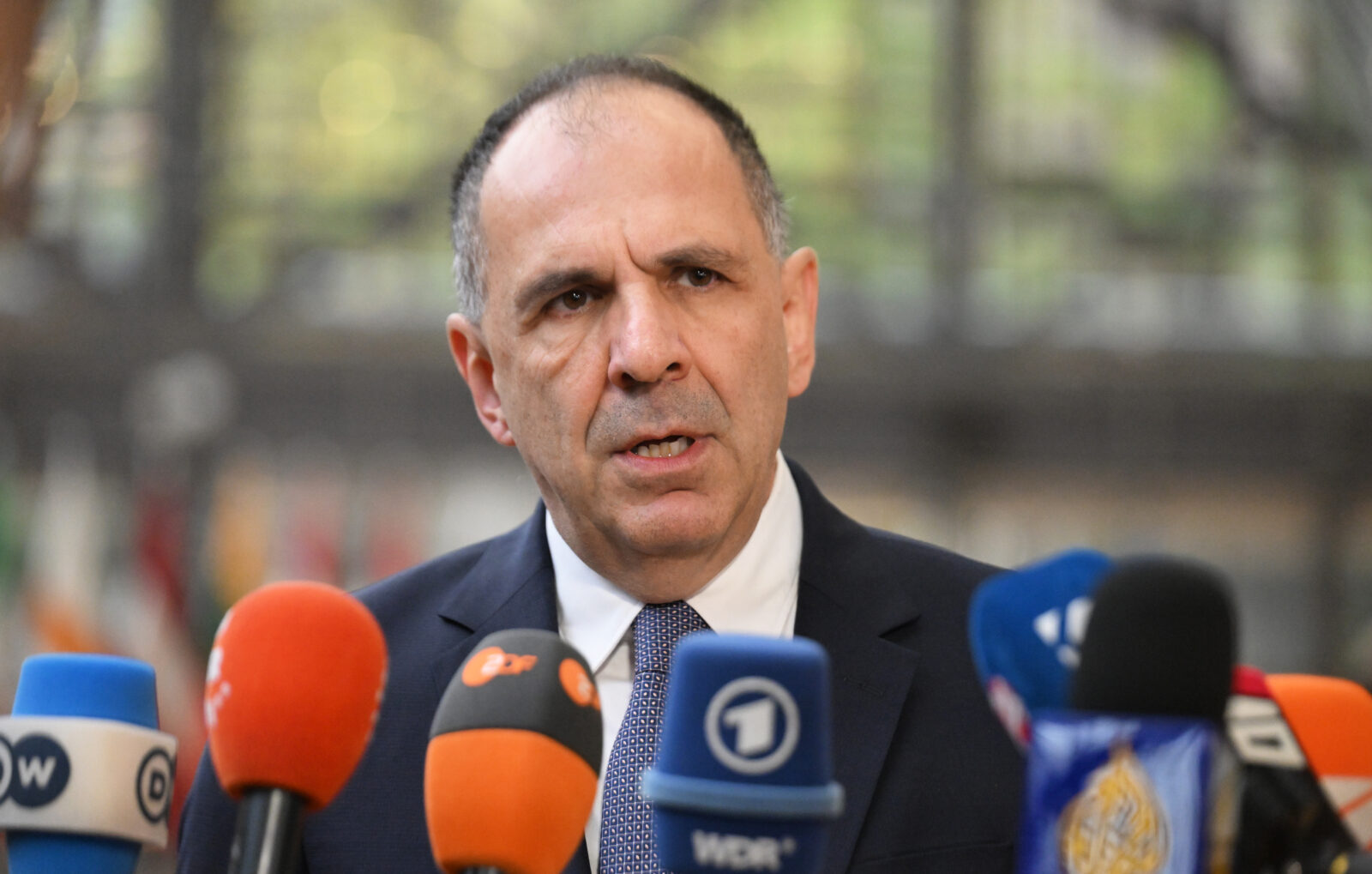
( Dursun Aydemir – Anadolu Agency )
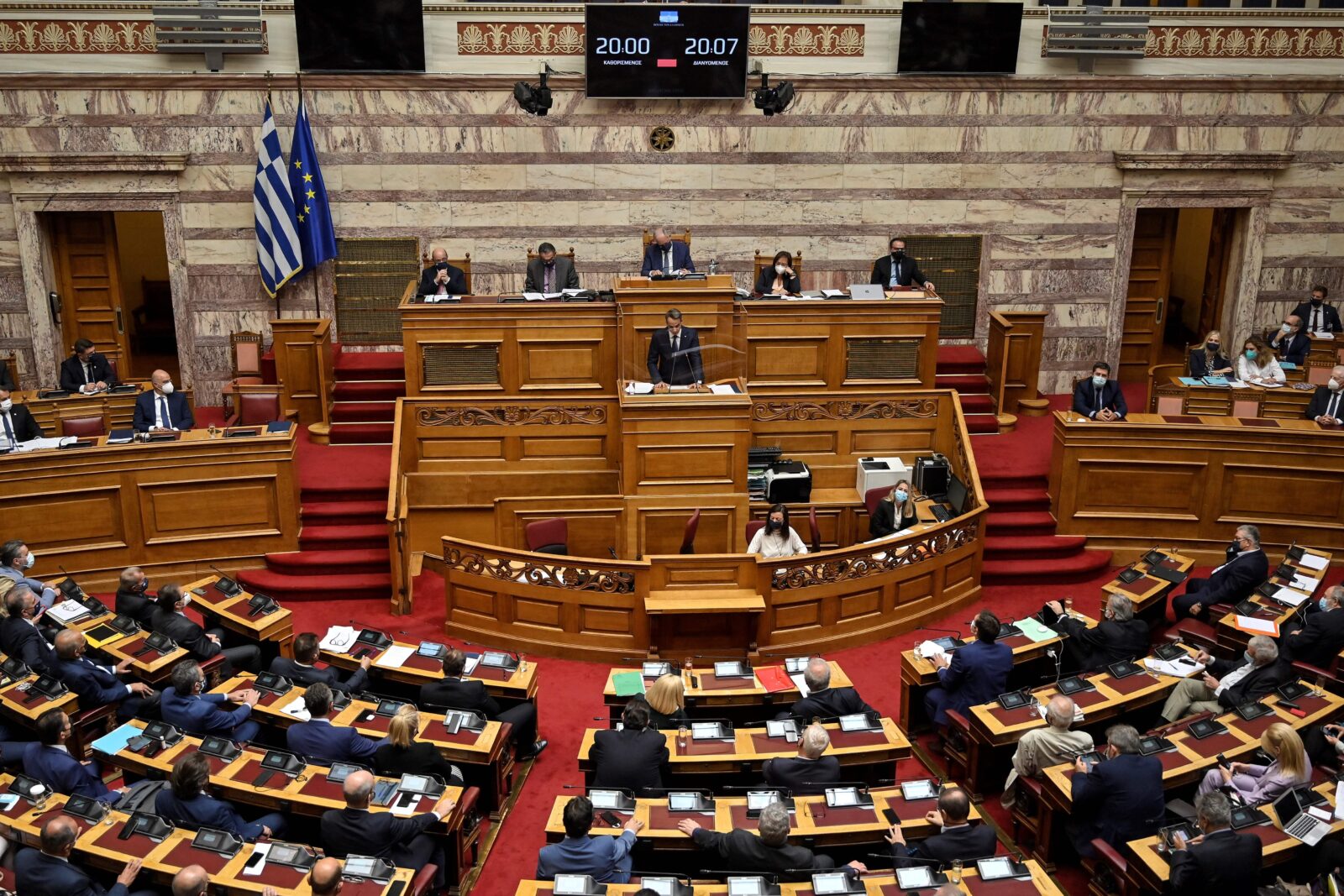
Diplomatic efforts between Greece and Türkiye
Over the past 18 months, Greece and Türkiye have made tentative steps to ease long-standing tensions, including disputes over Cyprus, maritime boundaries and more.
The rapprochement gained momentum in early 2023 following Greece’s support for Türkiye after devastating earthquakes on Feb. 6, 2023. Since then, both countries have signed multiple cooperation agreements, and their leaders have met six times, with further discussions planned for 2025. Both countries stated they wanted to avoid any potential conflicts or tensions during that time and acted so.
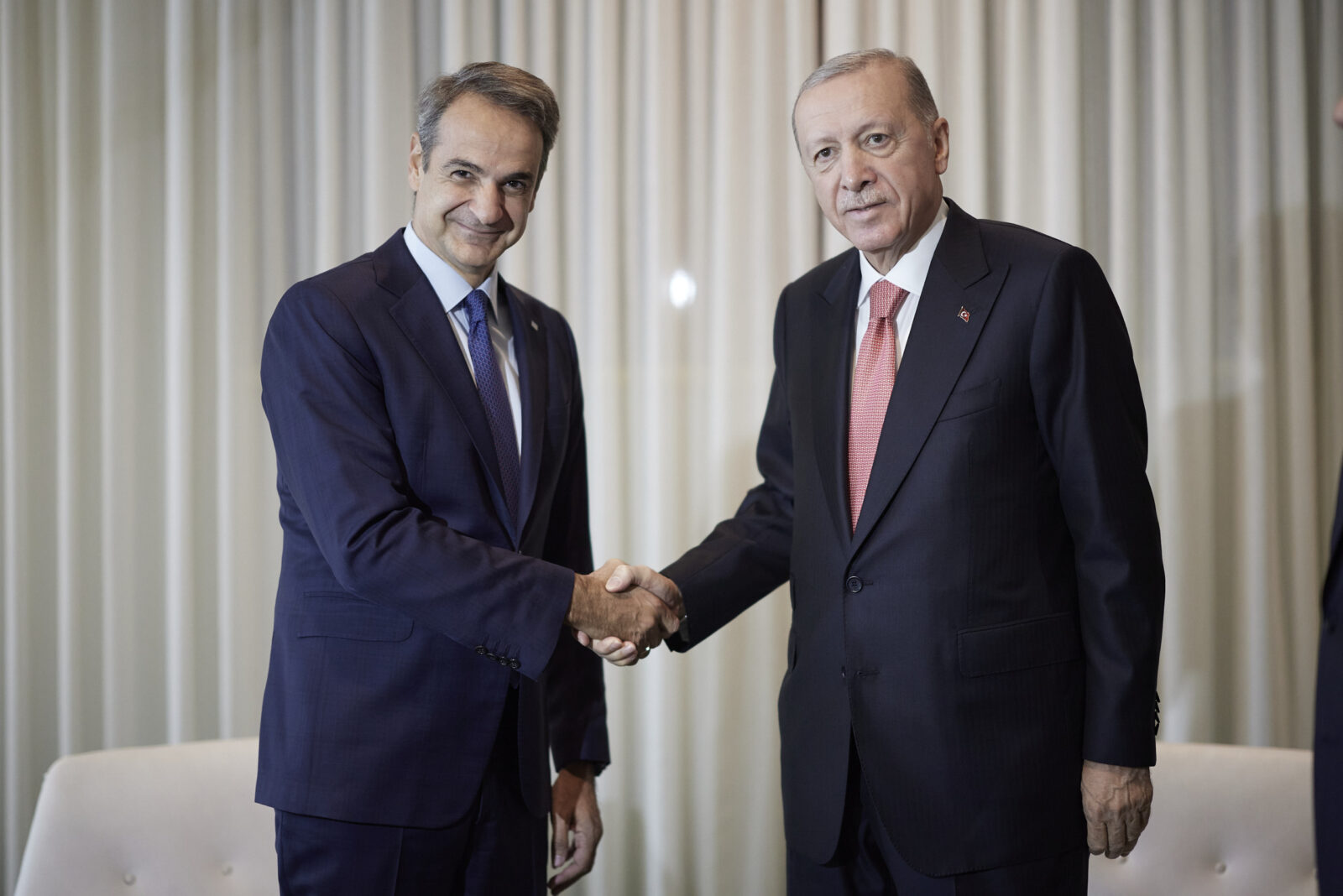
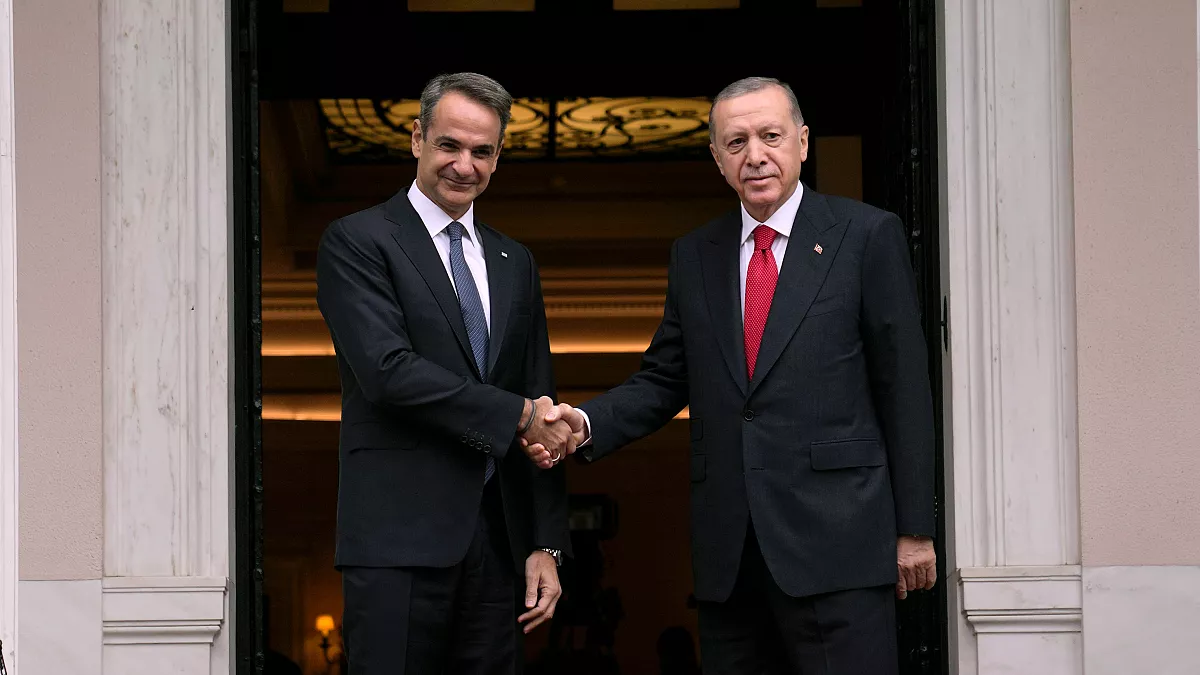

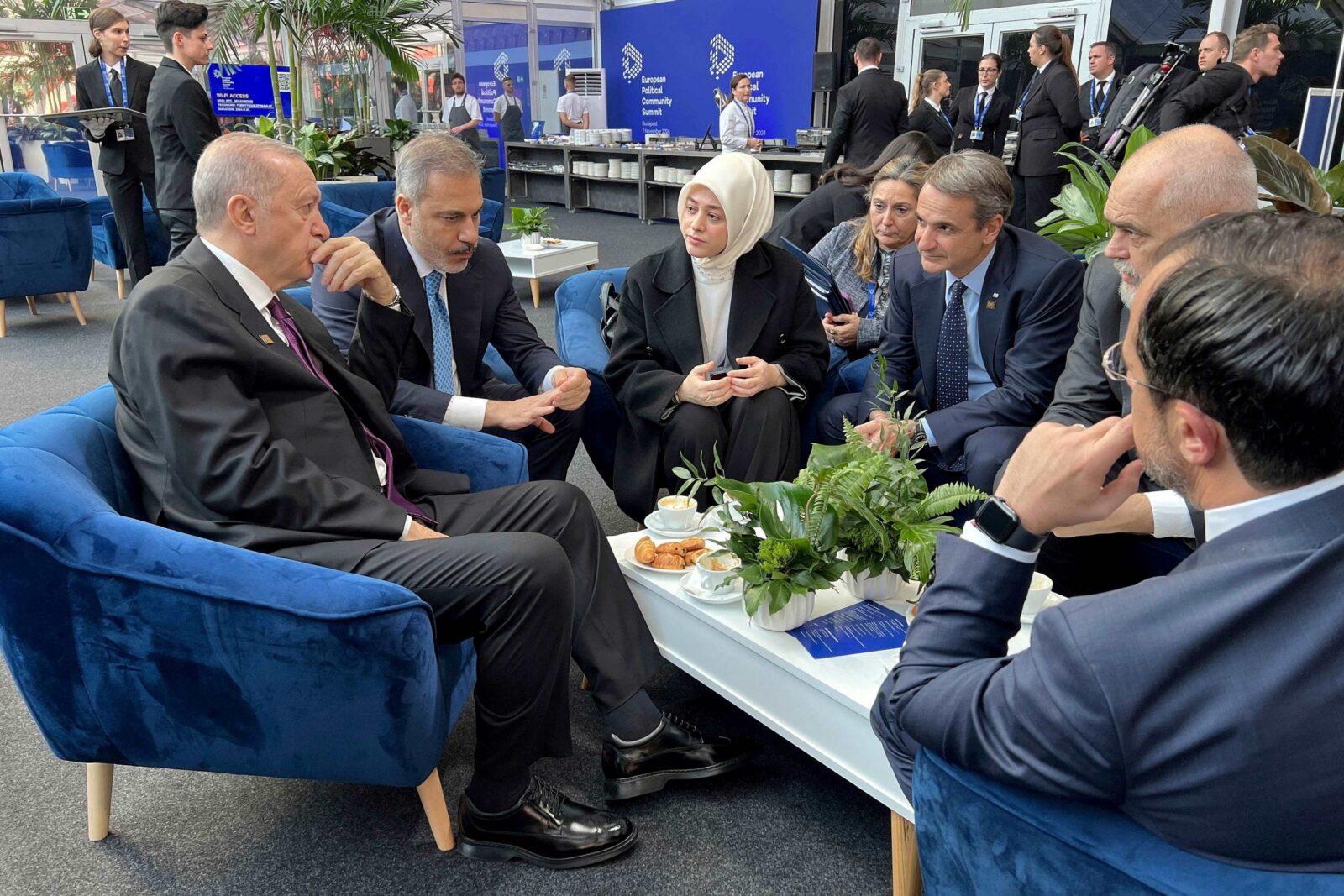
Former PM Samaras opposes rapprochement
Samaras has accused Greek PM Mitsotakis of “appeasement” in dealings with Turkish President Recep Tayyip Erdogan and has called for the dismissal of Foreign Minister George Gerapetritis. In a recent interview, Samaras criticized the government’s diplomacy as a betrayal of conservative values.
Greece’s Government spokesperson Pavlos Marinakis dismissed Samaras’ claims as “fake news,” emphasizing that the expelled former leader expressed total disagreement with all governing policies.
Internal struggles and political context
Samaras’ expulsion highlights ongoing ideological rifts within New Democracy, with nationalist factions opposing Mitsotakis’ centrist policies. These tensions have been exacerbated by declining poll numbers following the party’s underperformance in the 2024 European elections, despite a decisive national election victory in 2023.


Analysts weigh in
“The expulsion of Samaras was a bold step by Mitsotakis, signaling that intra-party dissent must remain within certain limits and that his grip on New Democracy is solid, allowing him to confront a senior party figure such as the former PM,” said Wolfango Piccoli, co-founder of risk analysis company Teneo.
Speaking to the Politico, Piccoli added that Misotakis’ challenge will now be “to avoid being torn between his innate liberal stance and the need to appease ND’s right-wing faction, which has been emboldened by Donald Trump’s reelection.”
Loukas Tsoukalis, professor at Sciences Po, Paris and president of Greece’s ELIAMEP think tank, said it made sense to try to tackle the core strategic disputes between Greece and Türkiye and condemned attempts to score political points off the rapprochement.
“I don’t think the majority of Greeks are opposed to a serious dialogue with Türkiye that may one day lead to some compromises,” he added. “In Greece, there is a minority that has turned patriotism into a profession and is making a lot of noise, while those on the other side are afraid to take a public stand.”
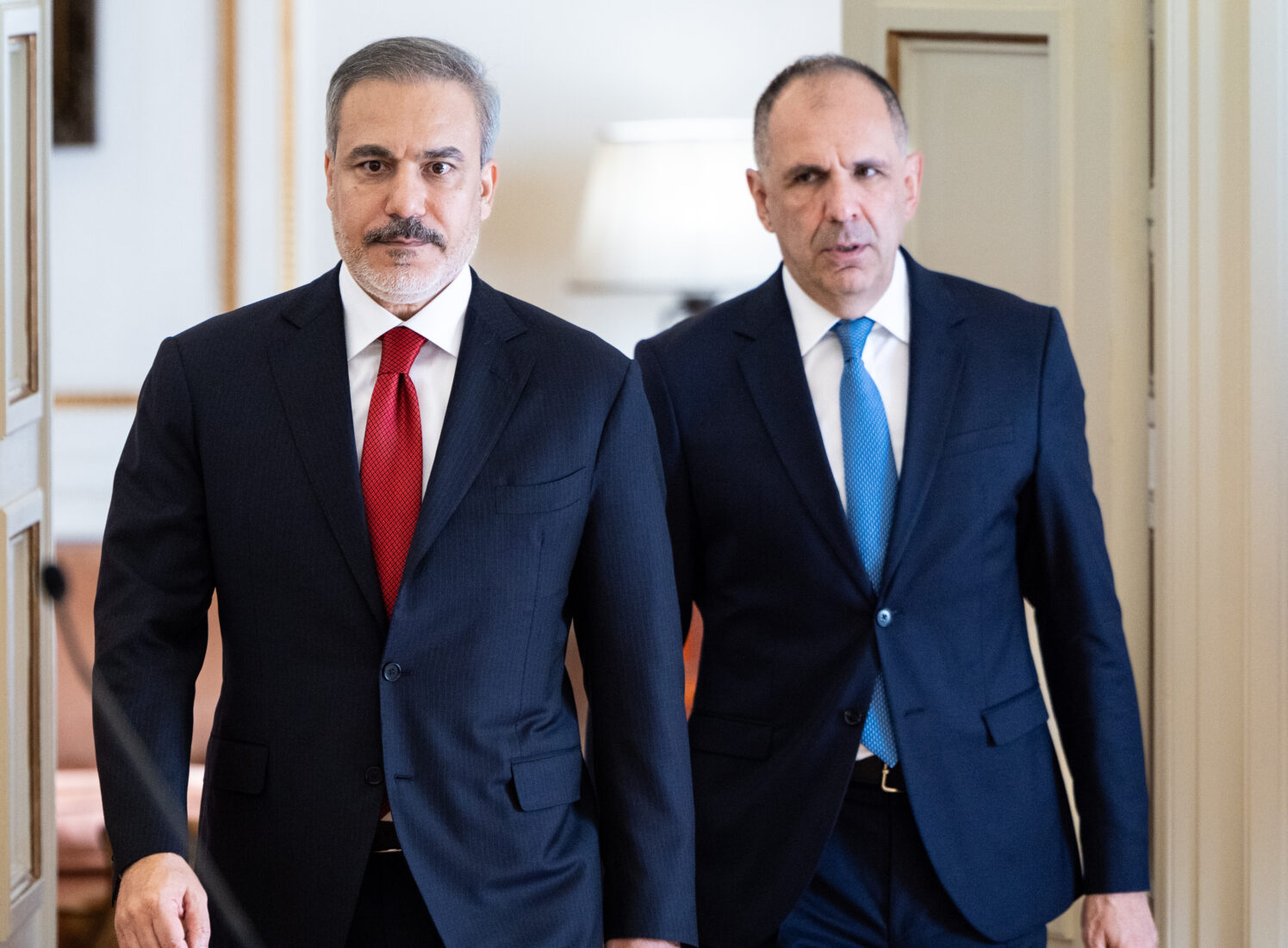


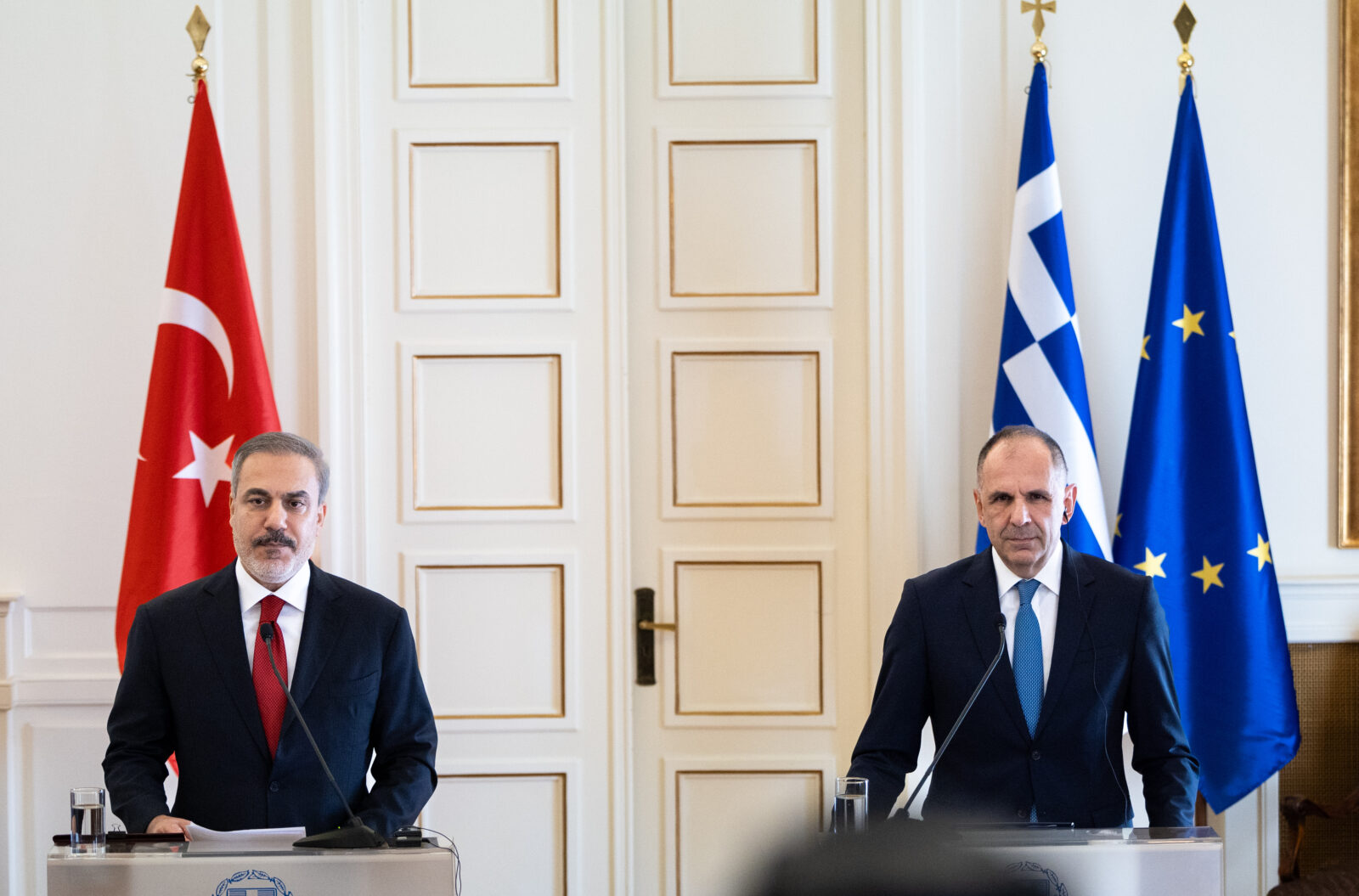
Outlook for Greece-Türkiye relations
While tensions within New Democracy persist, diplomatic efforts between Greece and Türkiye are ongoing. Foreign Ministers George Gerapetritis and Hakan Fidan recently agreed to explore mechanisms for de-escalating disputes, with further talks scheduled.
Both nations appear committed to sustaining dialogue, though significant breakthroughs remain elusive.



